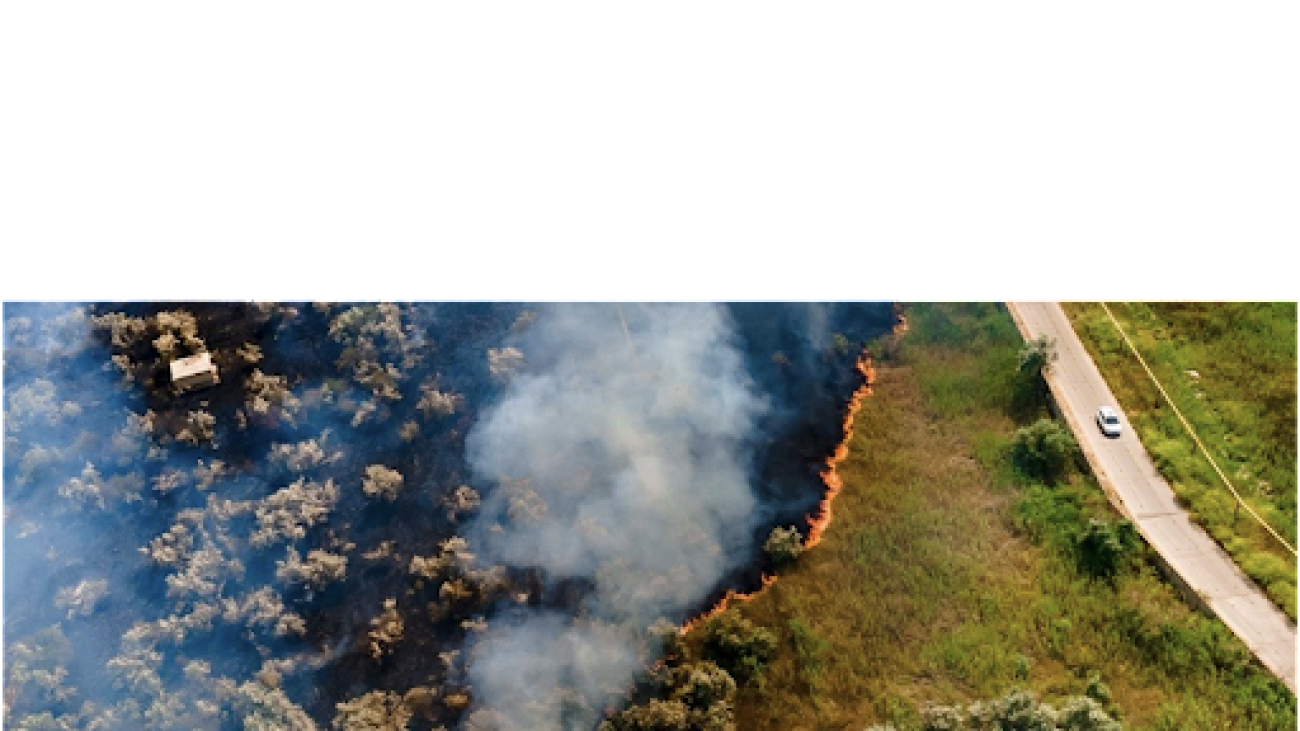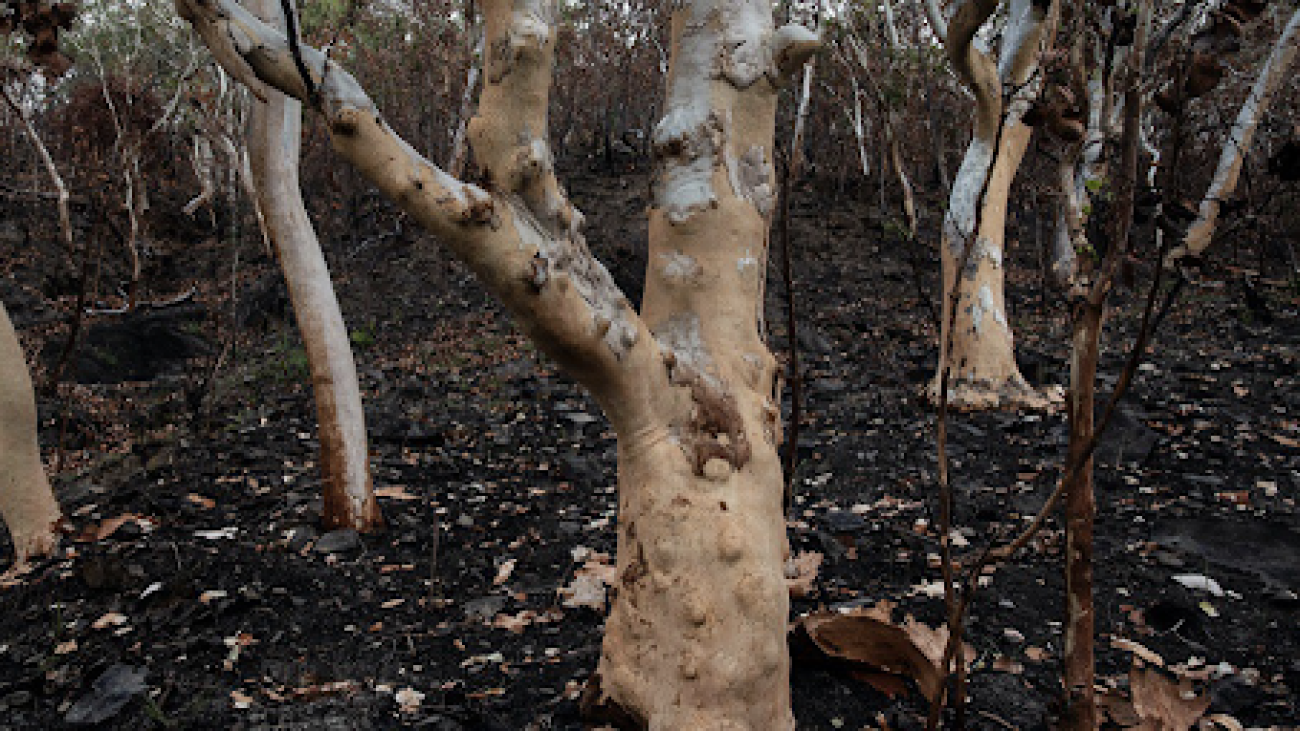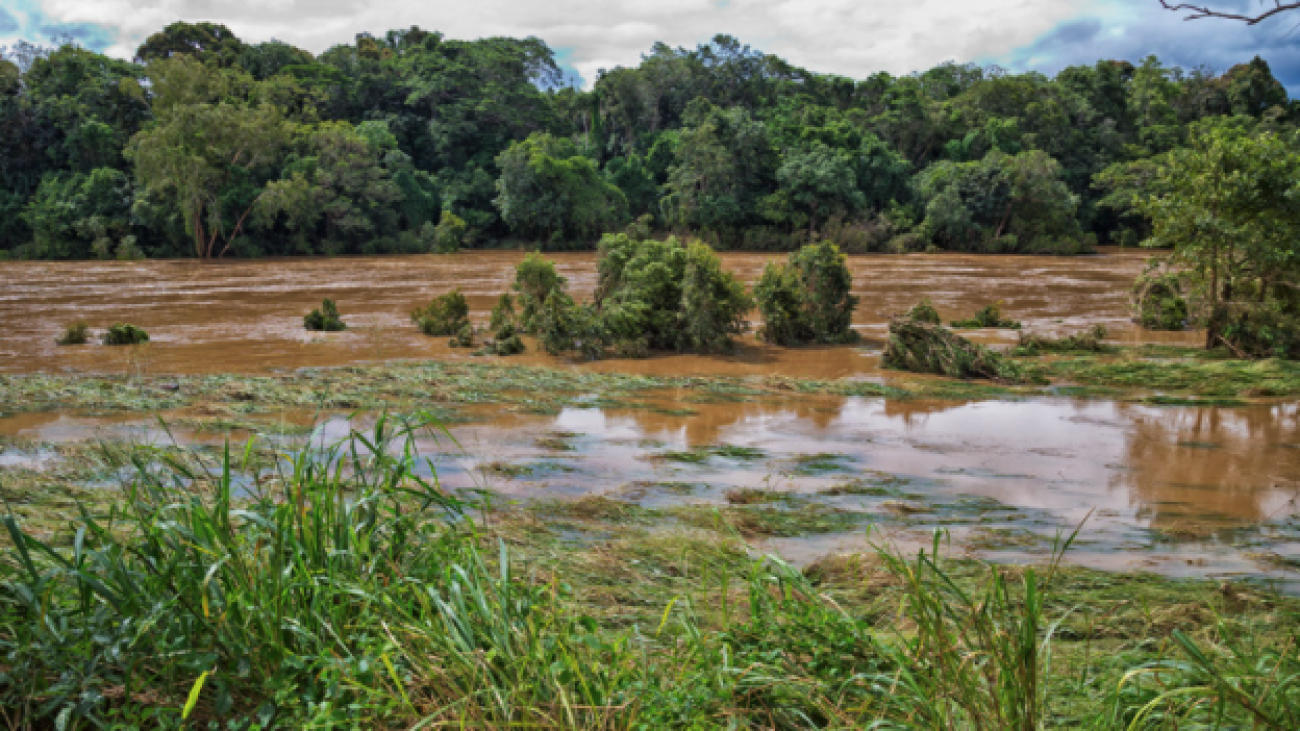For landlords and property managers in Australia, safeguarding investment properties is a top priority. Landlord insurance is essential in this effort, providing comfort and strong protection against many risks.
Business Insurance Consulting, a leader in the insurance advisory sector, specialises in providing bespoke landlord insurance solutions, ensuring your investment is well-protected.
The Vital Role of Landlord Insurance
Landlord insurance in Australia is more than just a policy; it’s a strategic safeguard for your real estate investment. Whether you’re new to investing or an experienced property owner, having the right insurance is key to keeping your property safe and successful for a long time.
Benefits of Landlord Insurance
Property Protection: Offers coverage against damage from fires, storms, vandalism, and other unforeseen events.
Rental Income Security: Ensures continuous income flow by compensating for lost rent if the property becomes uninhabitable.
Liability Coverage: Provides legal protection if someone is injured on your property, safeguarding against potential lawsuits.
Selecting the Right Landlord Insurance Policy
Choosing the appropriate landlord insurance policy involves considering various factors specific to your property. Business Insurance Consulting guides you through this process, ensuring your coverage aligns perfectly with your investment needs.
Key Considerations
Property Type and Location: Different properties and locations carry distinct risk profiles that influence insurance needs.
Tenant Demographics: The nature of your tenants can impact the type of coverage required.
Coverage Options: Options range from basic to comprehensive policies, encompassing building, contents, and liability insurance.
Strategies for Reducing Insurance Premiums
Reducing your landlord insurance premiums doesn’t have to mean sacrificing coverage. Here are some effective strategies:
Higher Deductibles: Opting for a higher deductible can significantly lower your premium.
Policy Bundling: Combining multiple insurance policies with the same provider often leads to discounts.
Enhanced Security Measures: Implementing advanced security features can reduce risk and lower premiums.
Understanding Common Claims and Coverage
Familiarising yourself with common claims helps in appreciating the value of landlord insurance:
Property Damage: Covers a range of damages, from minor repairs to major reconstruction.
Loss of Rent: Ensures you’re not out of pocket due to tenant default or property unavailability for rental.
Liability Claims: Protects against legal claims for injuries or damages occurring on your property.
The Necessity of Landlord Insurance for Investors
Investing in real estate is a significant commitment, and landlord insurance is essential for safeguarding this investment. It acts as a safety net against unexpected events that could threaten your financial stability.
Partnering with Business Insurance Consulting
Business Insurance Consulting understands the complexities of landlord insurance in Australia. Our team is committed to finding the right coverage for your property, ensuring comprehensive protection against various risks.
Our Services
- Tailored Consultation: We assess your unique needs to recommend the most suitable policy.
- Expert Guidance: Our consultants offer insights into market trends and best practices in landlord insurance.
- End-to-End Support: From policy selection to claims assistance, we provide comprehensive support.
In-Depth Look at Landlord Insurance Coverage
Understanding the specifics of landlord insurance coverage is crucial for making informed decisions about your policy.
Building Insurance
Coverage Details: Protects the physical structure of your property, including walls, roofs, and fixed installations.
Additional Structures: Covers other structures on the property like garages, sheds, and fences.
Contents Insurance
What’s Covered: Protects items you provide for tenant use, such as appliances and furniture.
Valuation Methods: Understand the difference between replacement value and actual cash value coverage.
Loss of Rent
Coverage Scope: Compensates for lost rental income for various reasons, including tenant default and property damage.
Duration of Coverage: Policies typically have a limit on how long they will cover lost rent.
Liability Protection
Legal Liability: Covers legal expenses and compensation if you’re found liable for injury or property damage.
Risk Management: Tips on minimising liability risks, such as regular property maintenance and safety inspections.
Maximising Your Landlord Insurance Benefits
To get the most out of your landlord insurance, consider the following tips:
- Regular Policy Reviews: Ensure your coverage keeps pace with changes in property value and rental market conditions.
- Understanding Exclusions: Be aware of what’s not covered in your policy to avoid surprises during claims.
- Claim Process Familiarity: Understand the steps in filing a claim to ensure a smooth process.
Conclusion
Landlord insurance is an indispensable component of Australia’s successful property investment strategy. With Business Insurance Consulting, understanding landlord insurance is easy, ensuring your property is fully protected.
Get in Touch
For expert advice and tailored insurance solutions, contact Business Insurance Consulting today. Our team is ready to assist you in protecting your investment with the right landlord insurance policy.

























